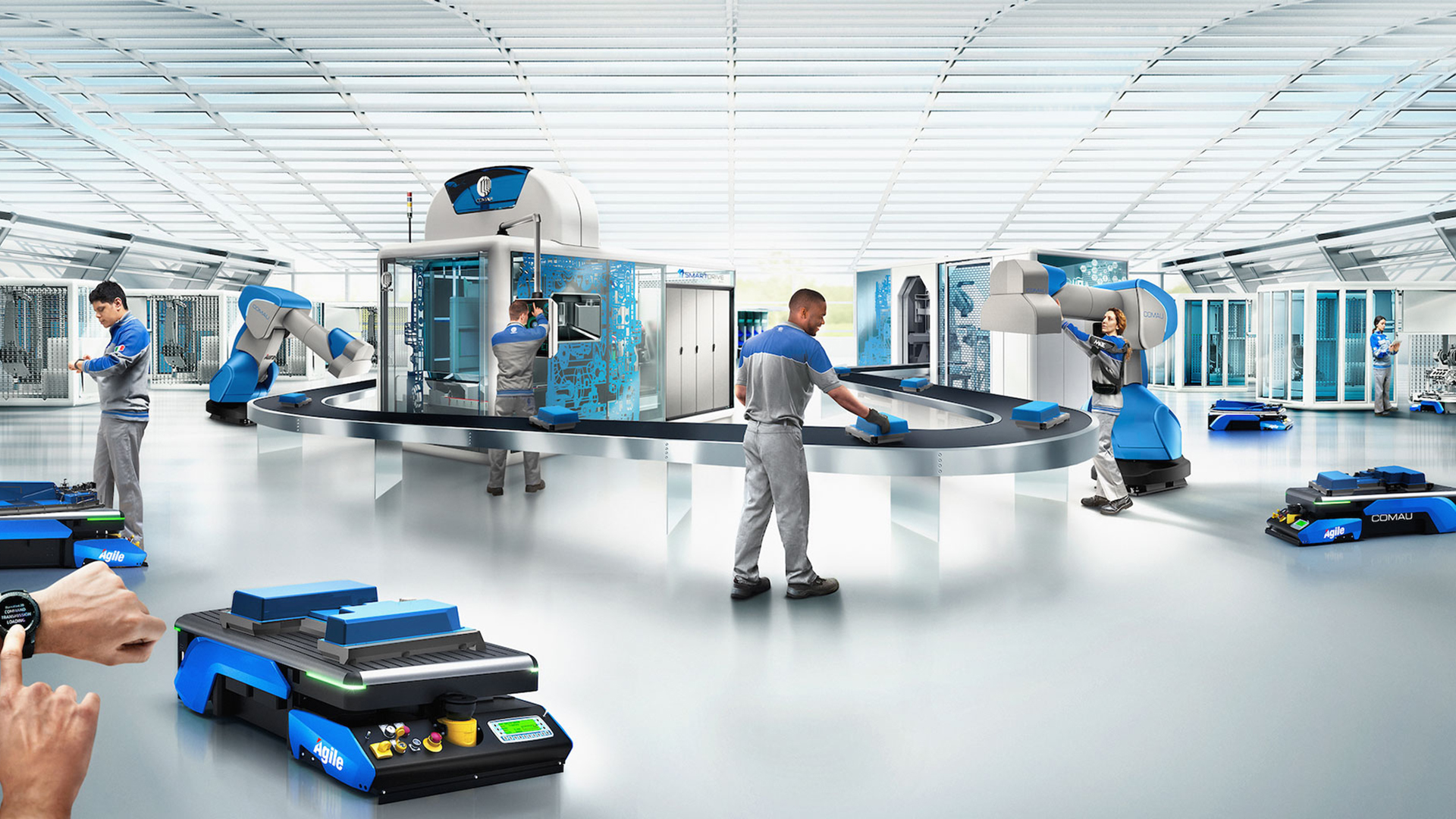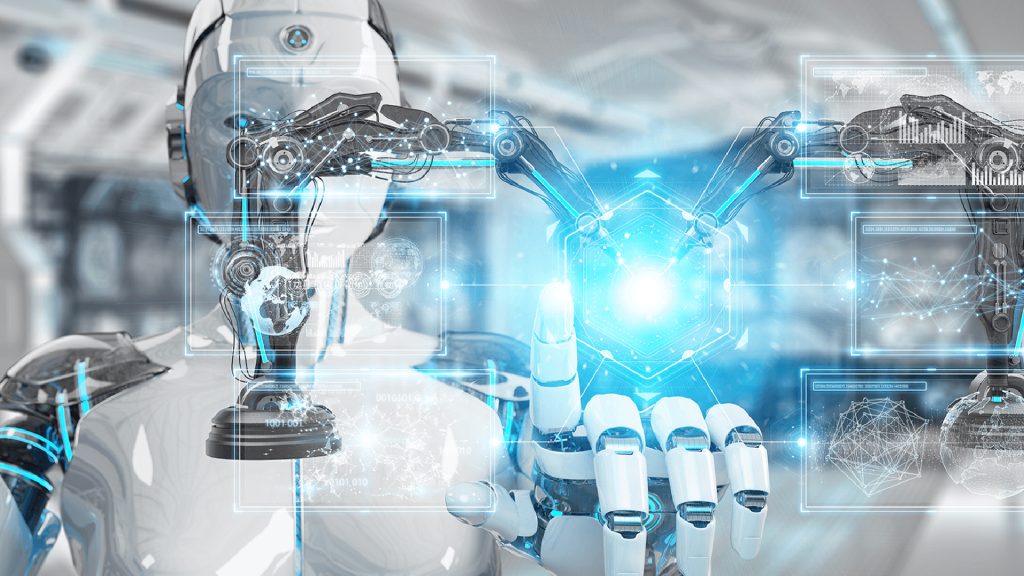
Future Factory: Adapting to Digital Transformation in Manufacturing
By Udit Agarwal

In the era of Industry 4.0, manufacturing is undergoing a profound shift towards digital transformation, driven by advanced technologies like Artificial Intelligence (AI), Internet of Things (IoT), and data analytics. This paradigm shift, often called the “Future Factory,” is revolutionizing traditional manufacturing processes and paving the way for intelligent, connected, and efficient factories. Let’s explore how manufacturers are embracing digital transformation, the technologies driving this evolution, and the implications for the future of manufacturing.
Understanding Digital Transformation in Future Factory
Digital transformation in manufacturing involves integrating digital technologies into all aspects of the manufacturing value chain, from product design and production to supply chain management and customer service. The goal is to leverage data-driven insights and automation to optimize operations, enhance productivity, and deliver superior products and services.
Key Technologies Driving Digital Transformation
- Internet of Things (IoT): IoT sensors and devices collect real-time data from machines, equipment, and production lines, enabling predictive maintenance, remote monitoring, and optimization of factory operations.
- Artificial Intelligence (AI) and Machine Learning (ML): AI-powered algorithms analyze large volumes of data to optimize production processes, improve quality control, and enable predictive analytics for demand forecasting and supply chain optimization.
- Big Data Analytics: Advanced analytics techniques unlock actionable insights from vast manufacturing data, enabling data-driven decision-making and continuous process improvement.
- Augmented Reality (AR) and Virtual Reality (VR): AR and VR technologies enhance training, maintenance, and quality control processes by providing immersive, interactive experiences and remote assistance.
- Blockchain Technology: Blockchain ensures transparency and traceability in supply chains. Facilitating secure transactions and efficient management of digital records and contracts.
Benefits of Digital Transformation in Future Factory
- Increased Efficiency: Automation and optimization of processes lead to higher productivity and reduced operational costs.
- Improved Quality Control: Real-time data analytics enable early detection of defects and quality issues. Thus, ensuring higher product quality and customer satisfaction.
- Enhanced Supply Chain Management: IoT and blockchain technologies enable end-to-end supply chain visibility, reducing lead times and improving inventory management.
- Agile and Flexible Operations: Digital transformation enables agile manufacturing processes that quickly adapt to changing market demands and customer preferences.
- Innovation and New Revenue Streams: By leveraging emerging technologies, manufacturers can develop innovative products. And services, opening up new revenue streams and business opportunities.

Challenges and Considerations in Future Factory
Despite its transformative potential, digital transformation in manufacturing presents specific challenges:
- Cybersecurity Risks: Increased connectivity introduces cybersecurity vulnerabilities that must be addressed to protect sensitive manufacturing data and intellectual property.
- Workforce Skills Gap: To adopt new technologies requires upskilling and reskilling the workforce to operate and maintain digital systems effectively.
- Integration Complexity: Integrating disparate systems and technologies across the manufacturing ecosystem requires careful planning and investment in interoperable solutions.
- Data Privacy and Compliance: Manufacturers must ensure compliance with data privacy regulations and industry standards. When collecting, storing, and sharing sensitive data.
The Future Factory: Embracing Digital Transformation
As manufacturing evolves towards the Future Factory, embracing digital transformation is imperative for staying competitive in a rapidly changing landscape. Manufacturers must invest in technology infrastructure, talent development, And strategic partnerships to leverage the full potential of digital technologies and drive sustainable growth. By embracing innovation and adopting a proactive approach to digital transformation, manufacturers. Can position themselves as industry leaders and pioneers of the Fourth Industrial Revolution.